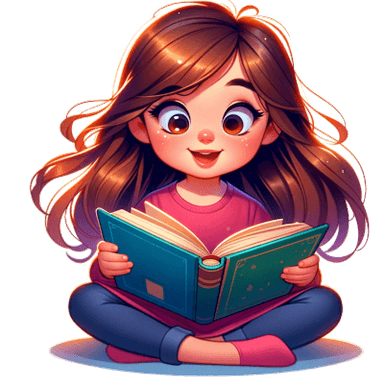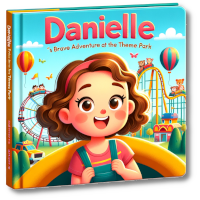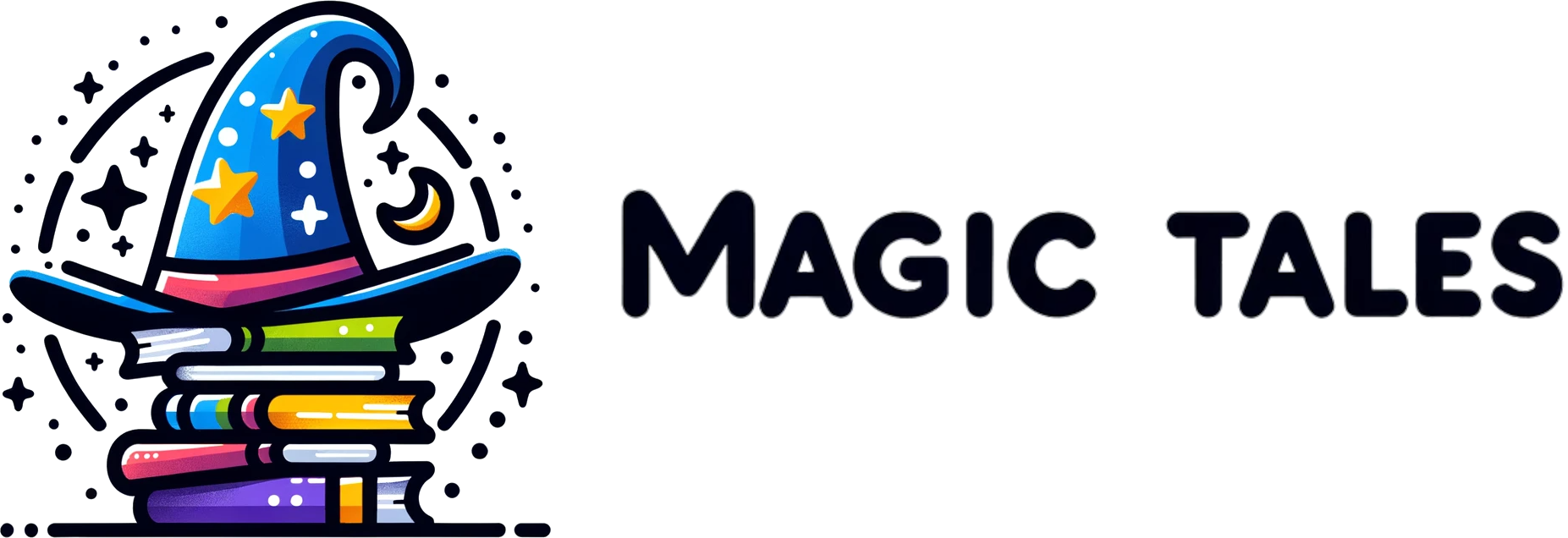Reading with children
a blog by Magic Tales

Of Dragon Tales and Disagreements: Nurturing Emotional Intelligence through Children's Literature
Have you ever wondered how children's books could potentially shape your child's emotional intelligence?
Today, let's turn the pages on a topic that, while may not often be at the forefront of our minds, plays a critical role in the holistic development of our children: understanding disagreements and nurturing emotional intelligence.
Coming to terms with disagreements or conflicts is a natural part of our lives, more so for the younger ones striving to make sense of the world around them. Realistically, children will face disagreements, be that with siblings, friends, or even with us, their parents. The question then arises: How can they navigate the highs and lows of these conflicts meaningfully and maturely? This is where emotional intelligence walks in.
Emotional intelligence is the ability to be 'mindful' – to be aware of, control, and express our emotions and to handle interpersonal relationships judiciously and empathetically. It is a critical life skill that empowers children to understand and manage their feelings, empathize with others, overcome challenges, and defuse conflicts.
As with any life lesson, a practical way to sow the seeds of emotional intelligence is through stories. I personally see children's literature as an excellent avenue to safely explore these aspects of emotional growth and learning. Many children’s books implicitly cover these topics, giving us a springboard to talk to our children about them.
Consider classics like Where the Wild Things Are by Maurice Sendak or Alexander and the Terrible, Horrible, No Good, Very Bad Day by Judith Viorst. These books portray characters experiencing anger, frustration, or sorrow, offering children a way to see their feelings mirrored and validated. Discussing these feelings afterward could allow children to better articulate their emotions and empathize with others.
Newer classics like The Day the Crayons Quit by Drew Daywalt talk about how each crayon feels neglected. It teaches children about perspectives - that each individual has their feelings and that we should respect and value one another's point of view, an essential aspect of resolving disagreements.
Reading these books with our children and discussing the characters’ feelings can help foster emotional intelligence. Ask thought-provoking questions. How did this character feel when that happened? How would you feel? Why do you think the character reacted this way? What would you have done differently?
Reading not only helps children relax and unwind but can also encourage them to think, feel, imagine, and grow, cultivating their emotional intelligence in the process. So, the next time you curl up with your child for a bedtime story, remember that aside from journeying into enchanting realms and making heartwarming memories, you're also nurturing emotionally strong, empathetic individuals.
Let's continue to harness the power of children's books to spark conversations about feelings and disagreements and create emotionally intelligent future adults. They are, after all, the heroes of our tomorrow!
Want a personalized book to read with your child about Disagreements?
Takes as quickly as 30 seconds to create
Create a book about Disagreements

